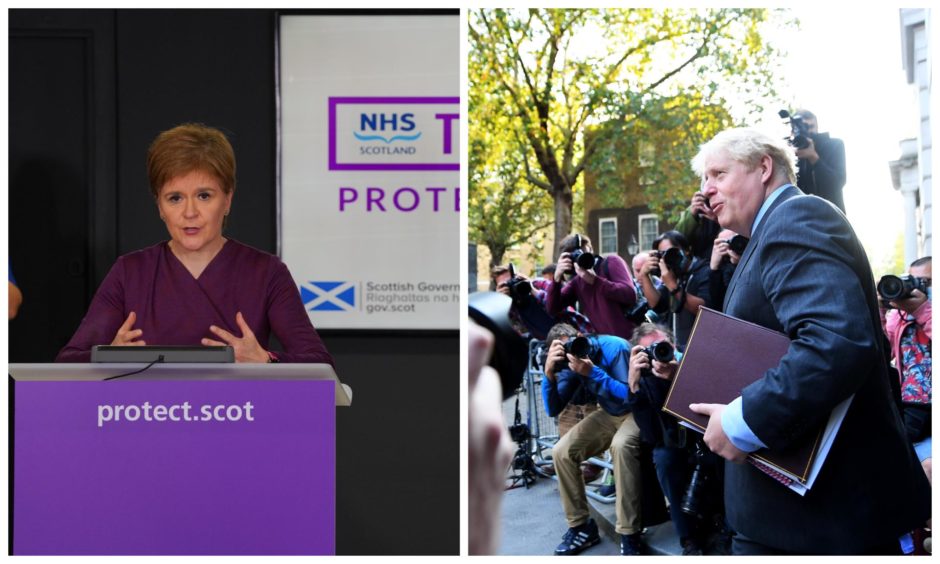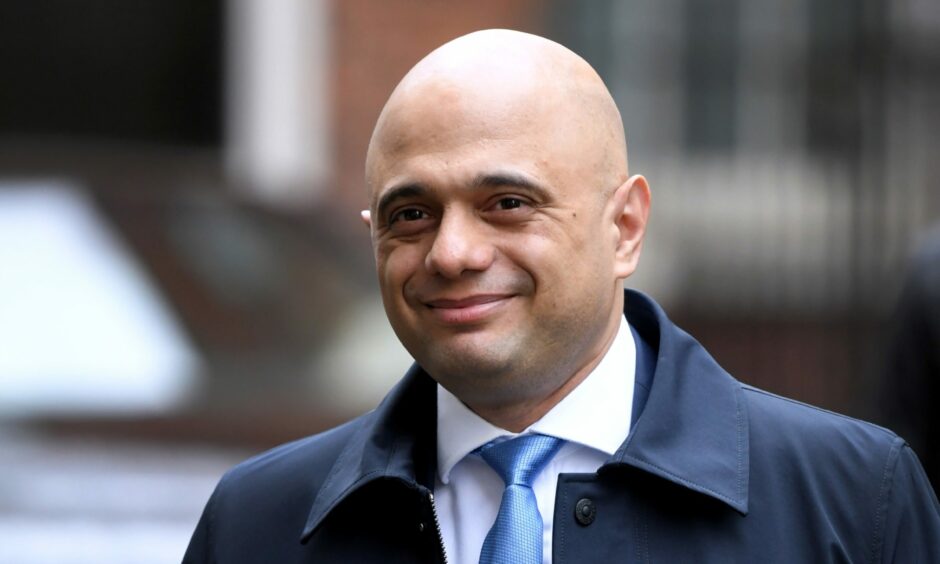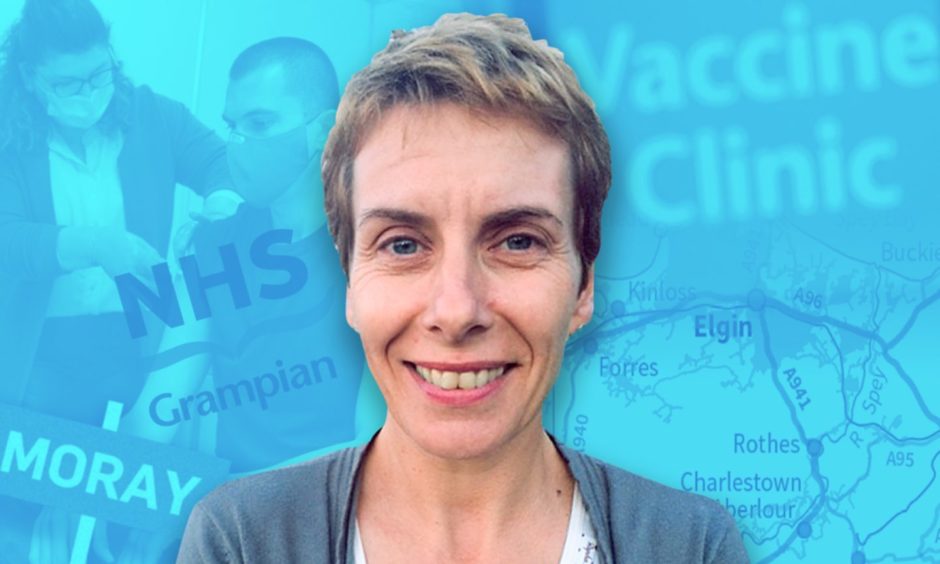Nicola Sturgeon’s top Covid adviser has hinted tougher restrictions may be needed to tackle the “worrying” spread of Omicron in Scotland.
Professor Jason Leitch insisted it would better to act “early” and “harder” to get on top of the situation as the variant now accounts for more than half of all new cases.
UK Health Secretary Sajid Javid also refused to rule out introducing new restrictions before Christmas amid growing speculation that a circuit breaker lockdown – possibly on a four nations basis – is being considered for the new year.
According to reports, the new measures would ban people meeting indoors except for work purposes for two weeks, with pubs and restaurants limited for the fortnight to outdoor service only.
It comes exactly one year to the day since Nicola Sturgeon was forced to tighten restrictions and guidance around Christmas after weeks of hoping the rules could be relaxed over the festive period.
A change in tone
Scots have been urged to stay at home as much as possible and to limit gatherings to three households in the run up to Christmas this year.
Speaking on BBC Scotland’s Sunday Show, national clinical director Prof Leitch said the tone has shifted in recent days.
“The position is worrying, I make no bones about that,” he said.
“You’ve heard our tone change over the last few days.
“This new variant has existed now for three weeks – it didn’t exist 21 days ago. It’s quite astonishing and it’s happened just before Christmas again.
“We’re now at more than half of Scotland’s positive cases being the new variant, we know it transmits more readily than its predecessor.
“There’s a lot we don’t know about how severe of disease it causes, but it’s better to act early than late, better to act harder than softer – we’ve learned that over two years.”
Deputy First Minister John Swinney said the Government will update MSPs “in the course of this week on the further views that we have about any other measures that we need to take”.
No guarantees in a pandemic
Speaking shortly before Prof Leitch, UK Health Secretary Sajid Javid told the Andrew Marr Show he would not rule out new coronavirus measures before Christmas – saying there are “no guarantees” in the pandemic.
The Scientific Advisory Group for Emergencies (Sage) has suggested that if no further restrictions are introduced, hospital admissions could peak at between 3,000 and 10,000 a day – and deaths between 600 and 6,000.
Mr Javid said figures projecting the number of hospitalisations and work absences for the NHS were giving ministers serious cause for concern.
“It’s a very sobering analysis. We take it very seriously,” he said.
But the health secretary said the government is challenging scientific data and considering wider factors before bringing in more measures.
“I don’t think it would be appropriate for government to take [the advice] verbatim,” he said.
More restrictions needed now
Jillian Evans, head of health intelligence at NHS Grampian, is one of those calling for “more restrictions now”, warning that Scotland will not be able to “boost ourselves in time”.
“There are lots of things we can do individually which will make a huge difference but making things more official – and by that I’m talking about curtailing access to certain things, closing certain things – does bring the numbers down and buys us more time for people to be boosted,” she said.
On Sunday, Scotland recorded one new coronavirus death and 5,924 new positive cases within the previous 24 hours. Registry offices are generally closed at weekends, affecting the numbers of deaths recorded.
Stephen Reicher, professor of social psychology at St Andrews University and an adviser to both the UK and Scottish governments, warned a post-Christmas lockdown could be too late.
He said: “The only way really, or at least the most effective way, we can have an immediate effect is to decrease the number of contacts we have. In many ways, the most effective way of diminishing contact is to have a circuit breaker.
“Now, you could have it after Christmas. The problem is after Christmas it’s probably too late; it’s probably by then we will have had a huge surge of infections with all the impact upon society.”



